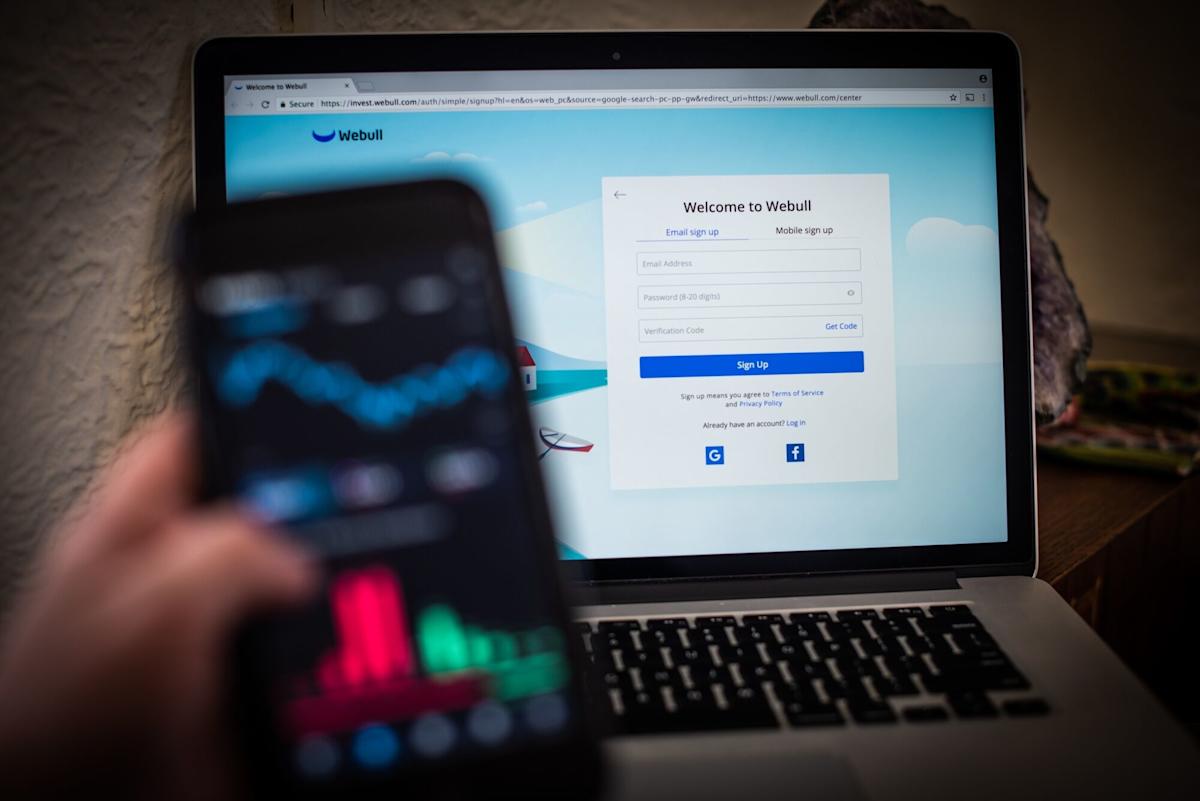(Bloomberg) — US regulators are finalizing plans to replace a controversial rule that would dramatically lower a threshold for retail investors to trade equities and options more often.
Most Read from Bloomberg
The Financial Industry Regulatory Authority is looking to rework the “pattern day trading” rule that limits investors with less than $25,000 in their margin account from borrowing to trade four or more times in a five-day period. In a proposal being prepared for Finra’s board to eventually vote on, retail investors would need to have only $2,000 in their accounts for such trades.
Currently, when an investor with less than $25,000 exceeds the $2,000 margin in borrowing from a brokerage to make equity and options trades, Finra classifies the investor as a pattern day trader, meaning they’re prohibited from making excess trades on margin. If the draft proposal goes forward, the three-trade maximum would be eliminated and individual brokerages would make their own margin calculation and decisions as to the minimum balance that customers need to day trade.
The existing rule, adopted in 2001, was put in place to protect investors from massive losses and borrowing more than they can cover in holdings or cash. Industry executives say that markets have evolved since, spurring Finra to review the current requirements.
“Today, trading is often commission-free, although not in all securities, and there’s less concern about excessive commission cost,” said Haoxiang Zhu, a finance professor at the Massachusetts Institute of Technology’s Sloan School of Management and former Securities and Exchange Commission official. “For this reason, I think a moderate reduction in the minimum margin for pattern day trading is fine, in particular if the reduction applies to securities for which trading is now commission-free.”
As Finra considers revising the rule, a group of retail brokerages met to discuss a draft of the proposal that is likely to be submitted to Finra’s board in the fall, according to people with knowledge of the matter. If the board approves the proposal, Finra — a self-regulatory organization for broker-dealers — is expected to submit it to the SEC for final approval by the end of the year, the people said, asking not to be identified discussing information that isn’t public.
SEC Approval
